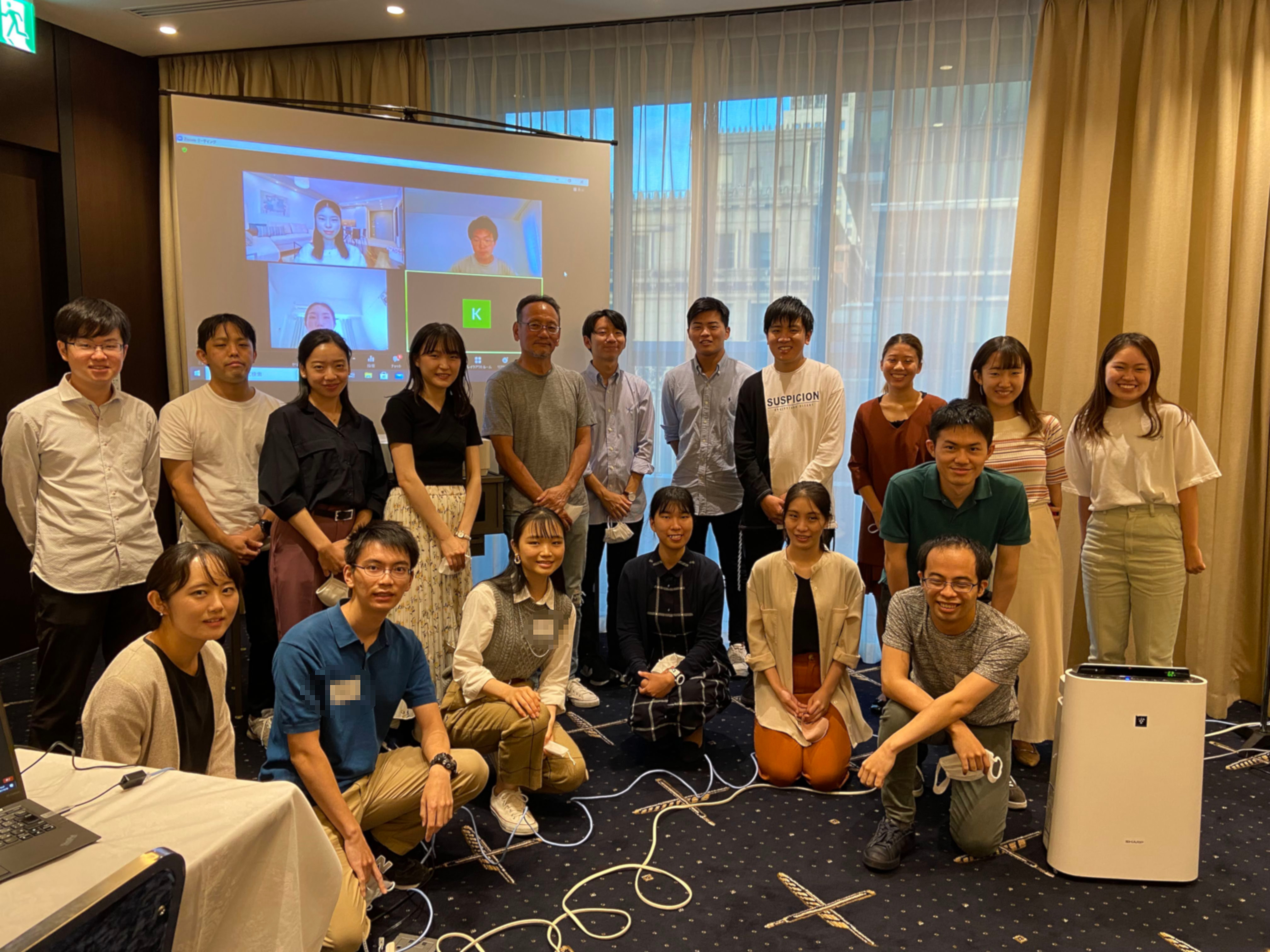- HOME
- Activities
- Forum List
- Forum Details
Ocotober.10.2021 KIP Forum "How to Consider a Career in the Post-Covid Era - How to Build a Career in an Era with No Right Answer"

Mr. Youichi Furuno
Profile:
After graduating from the University of Tokyo's Faculty of Engineering in 1987, he joined Recruit Co. Received his MBA from the University of Southern California. In addition to developing business related to career development and participating in the establishment of the NPO Career Counseling Association, he has been engaged in leadership development and career development research at the Works Research Institute. Has been in his current position since 2009.
【Speech and Discussions】
In this forum, Mr. Furuno gave a lecture on the theme of " How to Consider a Career in the Post-Covid Era," using multifaceted data and his own actual experiences, and held three discussions among the participants in between.
At the beginning of his presentation, Mr. Furuno introduced his career history, dividing it into two parts: "Side A," focusing on his career transition, and "Side B," focusing on events in his personal life, such as his physical condition, and the resulting change in his values. He then asked the participants about the changes in their values due to the COVID-19 pandemic, saying that people's views on careers are changing to emphasize "change-responsiveness," "self-identity," and "career autonomy.
Followed by an explanation on the purpose of work is greatly influenced by external factors such as the time period and the country's stage of development, he pointed out that each individual can find the purpose from various angles. In the middle of this topic, he introduced the "parable of the fisherman and the businessman," which illustrated the contrast between the amount of work (≒ wealth) and the values of personal life. Some participants voiced their opinions that the sense of values regarding the balance between work and private life may change with age and life stage, and that the pros and cons of staying in a comfortable environment may be questioned.
The second half of the lecture was dedicated to examining the purpose of work in concrete terms. Citing research results, Mr. Furuno explained that while money is necessary to a certain extent for happiness, it is not the only factor necessary for the pursuit of happiness. He also showed that people do not feel a great deal of "unhappiness" when they work, but they lose a great deal of happiness when they lose their jobs. In response to this, the participants pointed out that the key to feeling happy at work is clarifying the purpose of work and human relations in the workplace.
In the end, Dr. Furuno introduced a way of looking at work that "labels 'work' as a means of pursuing happiness," and pointed out the importance of preparing the base for one's own work (staying physically and mentally healthy and having self-determination habits) and securing one's own place in work in order to realize this.
【What I thought through the Forum】
This forum made me rethink the meaning I give to the act of "working" that I do every day as a member of society. Even if you don't attach any particular meaning to it, once you graduate from university and get a job, you will automatically repeat the act of "working" every day, but if you have your own "philosophy" about working, the learning and joy you get through your work will definitely increase, and would also increase the possibility of finding your vocation. After I started working, I felt that my philosophy towards "work" was fading away in the midst of my busy life, but I would like to take this opportunity to set aside some time for reflection.
(Alumni Hiroyuki Shimazu)


